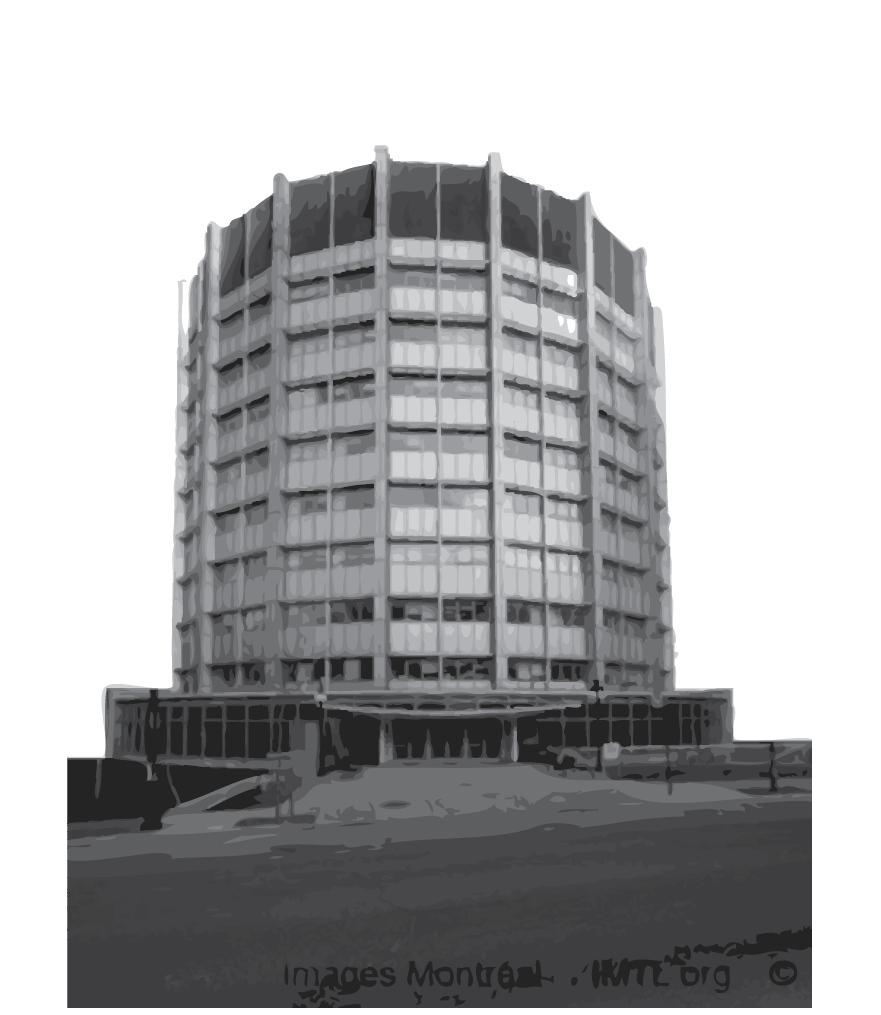On Sept. 19, approximately a dozen members of the McGill community gathered at a Town Hall meeting to address students’ concerns regarding past and future changes to the libraries. Hosted by the Students’ Society of McGill University (SSMU), the meeting was prompted by both budget cuts and the ongoing changes in libraries due to technological advances.
“It’s not merely because of budget cuts that we’re going through these changes,” Dean of Libraries Colleen Cook said. “The most significant thing is that libraries as a whole in North America, [including] big research libraries, are changing, and we’re changing in terms of what higher education is doing as a whole.”
With the recent merging of several collections—Life Sciences Library with the Schulich Library; Education Library with the Humanities and Social Sciences Library—the Town Hall provided a platform to discuss future plans for the libraries.
According to Cook, the merging of collections at McGill follows the lead of many research libraries in North America.
“UBC has merged their science and medical libraries, just as we have; Johns Hopkins has actually shut down their Medical Sciences Library [.…] This has been a change since forever,” Cook said. “Libraries across North America and around the world are changing from warehouses of books to spaces that are very student-centered and [provide] a lot of spaces for informal learning.”
Other changes to the library this year have included the end of the Laptop Lending Program in August. The end to programs such as these have raised other concerns for students like Sarah Southey, science representative to SSMU Council.
“I’ve heard the Laptop Lending Program has been cancelled,” she said. “What [is] going to happen with all the laptops?”
“If they are owned by the CIO [Chief Information Office], they are reusing those laptops, and they are accessible from 688 Sherbrooke for teaching and learning,” said Diane Koen, senior director of Planning and Resources and McGill Libraries. “My understanding is that it’s not for undergrads; it’s for visiting profs and for support teaching.”
Koen outlined the newly renovated student spaces of the Life Sciences Library, which include three 80-seat active learning classrooms, and an additional eight 14-seat classrooms.
Over 450,000 items have been moved, affecting all six floors of the Schulich library, which will be completely accessible by the end of September.
Materials that, after the merging process, will not remain on shelves but rather in storage at Currie Gymnasium, will be obtainable by students within 48 hours of placing a request.
“Material that has not been circulated in the last five to 10 years is being moved to […] storage,” Koen said. “An interesting statistic, though, is [that] 42 per cent of books in the entire McGill library system haven’t been circulated in 20 years.”
SSMU President Katie Larson expressed concern that those making these decisions keep in contact with students.
“If students find that they might be experiencing something, what’s the best way they can bring it forward?” she asked.
Cook encouraged students to voice such concerns.
“Call me, email me, talk to Diane [Koen], talk to someone at the service desk in any of the branches, if you are hearing any disruptions of anything,” Cook said. “Just let us know and you will get a response.”









